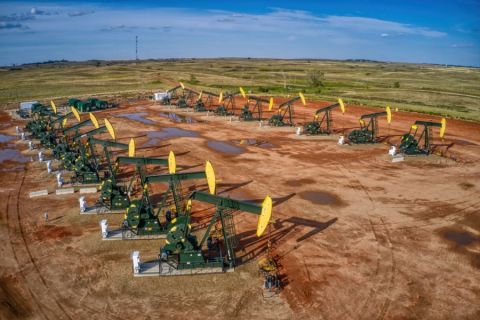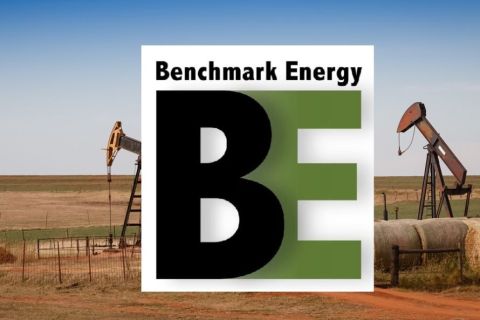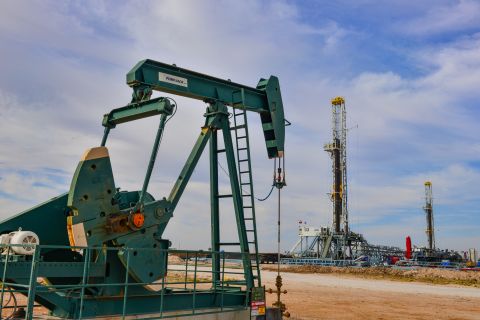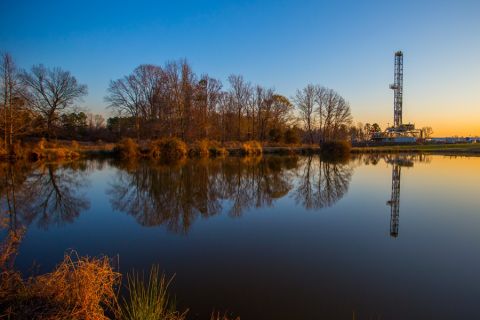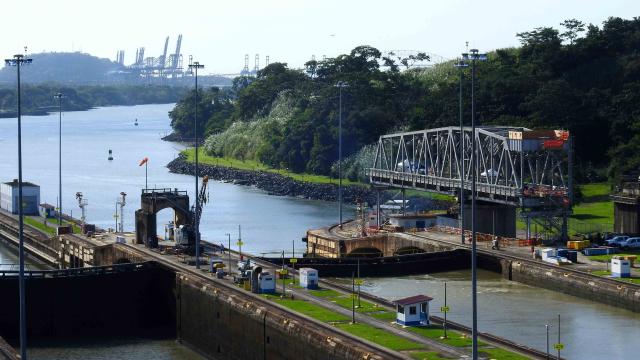
(Source: Shutterstock)
The completion of the Panama Canal’s third set of locks in 2016 unlocked a spike in propane exports from the U.S. Gulf Coast to Asian markets, the U.S. Energy Information Administration reported on April 29.
Within seven months of the opening, monthly propane exports shot up 49% to set a record of more than 34 million barrels. That mark was eclipsed in December 2018.
Very Large Gas Carriers (VLGC) are the most economical way to transport by water, the EIA said. The vessels typically can carry from 75,000 to 85,000 cubic meters of cargo. There are 266 in service, with 22 expected to be delivered this year and another 14 in 2020, which about doubles the global fleet from 2015.
Data from VesselsValue show that in 2020, VLGC will constitute only 20% of the global LPG tanker fleet, but will account for two-thirds of the fleet’s cargo capacity.
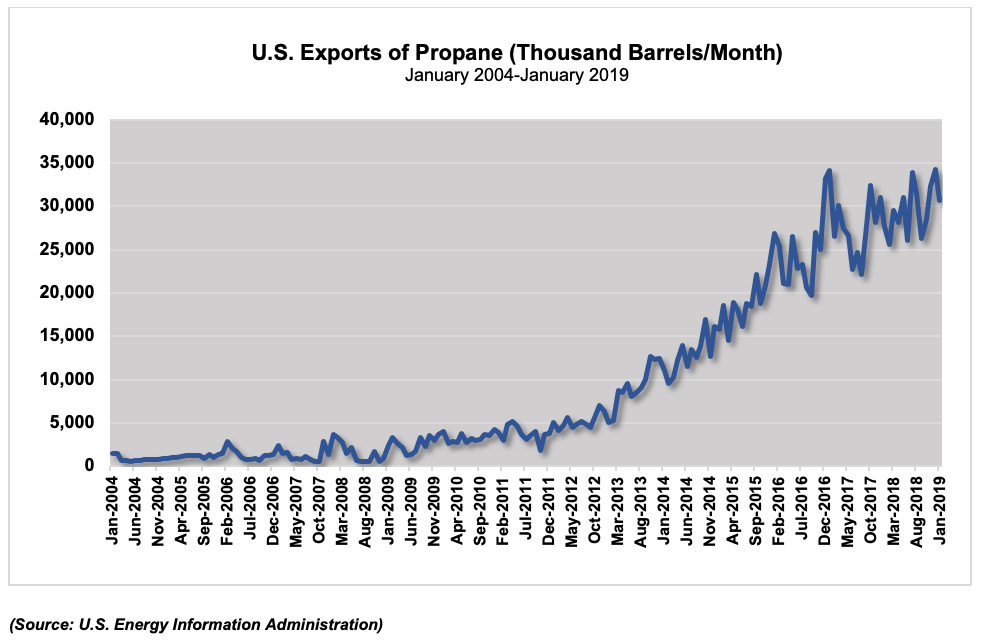 The EIA established a definition, hydrocarbon gas liquids (HGL), to refer to both NGL and olefins.
The EIA established a definition, hydrocarbon gas liquids (HGL), to refer to both NGL and olefins.
“The growth in HGLs transiting the Panama Canal coincided with an increase in exports of HGLs from the U.S. Gulf Coast to destinations mostly in Asia,” EIA said. “In 2018, four of the five largest destinations for U.S. Gulf Coast exports of HGLs were in Asia, with Japan being the largest at 280,000 [barrels per day (bbl/d)].”
The project completed in 2016 was the first major expansion of the canal since it began service in 1914. It did not have the same dramatic impact on U.S. crude oil shipments because the most commonly used tankers to move crude—Very Large Crude Carriers (VLCC) and Ultra-Large Crude Carriers (ULCC)—cannot fit through the canal.
VLCCs can carry as much as 2.2 million barrels but the canal, even after its expansion, can only handle vessels with capacity of 400,000 to 600,000 barrels of oil.
Exports of propane have been strong in 2019, despite numerous delays due to fog in the Houston Ship Channel. However, they are not strong enough to counter the buildup in inventory.
Inventory is more than 30% above what it was last year at this time the propane price at Mont Belvieu, Texas, is down 23%.
Recommended Reading
EIA: Permian, Bakken Associated Gas Growth Pressures NatGas Producers
2024-04-18 - Near-record associated gas volumes from U.S. oil basins continue to put pressure on dry gas producers, which are curtailing output and cutting rigs.
Benchmark Closes Anadarko Deal, Hunts for More M&A
2024-04-17 - Benchmark Energy II closed a $145 million acquisition of western Anadarko Basin assets—and the company is hunting for more low-decline, mature assets to acquire.
‘Monster’ Gas: Aethon’s 16,000-foot Dive in Haynesville West
2024-04-09 - Aethon Energy’s COO described challenges in the far western Haynesville stepout, while other operators opened their books on the latest in the legacy Haynesville at Hart Energy’s DUG GAS+ Conference and Expo in Shreveport, Louisiana.
Mighty Midland Still Beckons Dealmakers
2024-04-05 - The Midland Basin is the center of U.S. oil drilling activity. But only those with the biggest balance sheets can afford to buy in the basin's core, following a historic consolidation trend.
Mesa III Reloads in Haynesville with Mineral, Royalty Acquisition
2024-04-03 - After Mesa II sold its Haynesville Shale portfolio to Franco-Nevada for $125 million late last year, Mesa Royalties III is jumping back into Louisiana and East Texas, as well as the Permian Basin.


